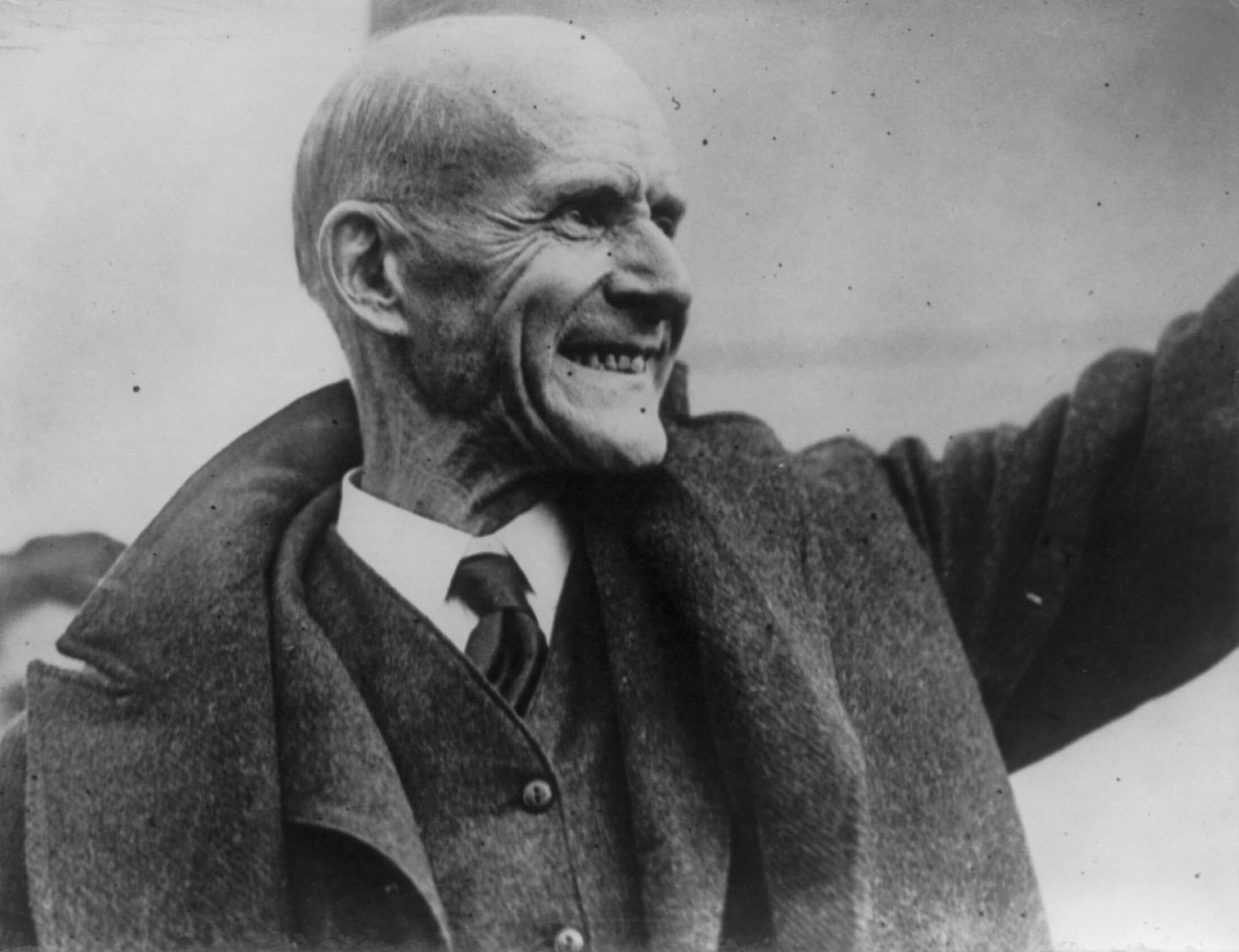The Revolutionary War era featured numerous restrictions on free speech and free press. Those who were considered loyal to the King of England – loyalists – were subject to a host of onerous restrictions by colonial leaders. Some colonies passed laws declaring it treasonous to support the British King.
Even after the United States declared its independence from England, restrictions on speech continued. It is one of the great ironies of history, that many of the same political leaders that ratified the U.S. Constitution and the U.S. Bill of Rights (including the First Amendment) were the same leaders who passed the Sedition Act of 1798 – a law inimical to freedom of speech. The law and its companion Alien Acts were a product of the times – a silent war with France.
The Sedition Act of 1798 criminalized the “writing, printing, uttering or publishing [of] any false, scandalous and malicious writing or writings about the government of the United States.” The law was used by the Federalist Party to silence Democratic-Republic newspaper editors – men like Matthew Lyon, Benjamin Bache, and William Duane.
Civil War censorship
The Civil War period was also a time of government repression of freedom of speech and the press. President Abraham Lincoln seized the telegraph lines, suspended habeas corpus and issued an order prohibiting the printing of war news about military movements without approval. People were arrested for supporting the Confederacy – even wearing buttons or singing Confederate songs
When the Civil War began in April 1861, the Lincoln administration censored telegraph dispatches to and from Washington. His administration created military tribunals to deal with disloyalty.
Government officials shut down newspapers, such as the Chicago Times, for criticizing President Lincoln and his cabinet members. Secretary of War Edwin Stanton approved of the destruction of a Washington, D.C. newspaper called the Sunday Chronicle.
Prominent Democratic politician Clement L. Vallandingham faced imprisonment and banishment for delivering an anti-war speech that was highly critical of President Lincoln. He called the President “King Lincoln” and criticized the war in stark terms.
Several congressmen attempted to expel Ohio Rep. Alexander Long from Congress for an unpatriotic speech made on the House floor. One congressman stated: “A man is free to speak so long as he speaks for the nation … [but not] … against the nation on this floor.”
While this article is good overview, it says too little about the so-called ‘Revolutionary War’. Here is an example from Albert Szymański’s Human Rights in the Soviet Union, page 154:
Editors who dared to publish articles critical of the rebels had their presses destroyed and were banished and imprisoned. In early 1776 the printer of a Loyalist tract in New York City had his press broken into and the plates and copies destroyed. Every printer in New York immediately received a copy of the following communiqué:
Sir, if you print, or suffer to be printed in your press anything against the rights and liberties of America, or in favor of our inveterate foes, the King, Ministry, and Parliament of Great Britain, death and destruction, ruin and perdition, shall be your portion. Signed, by order of the Committee of tarring and feathering Legion.
After this, there were no more Loyalist publications printed in New York City.¹³
The American revolutionaries systematically employed revolutionary terror to intimidate Loyalists and inspire revolutionary sentiments. General Nathanael Greene, commander of the American Southern Continental Army from 1780 to 1783, instructed his commanders that the American partisans were ‘to strike terror into our enemies and give spirit to our friends’. Greene described a partisan raid against Loyalist supporters as follows. ‘They made a dreadful carnage of them, upward on one hundred were killed and most of the rest cut to pieces. It has had a very happy effect on those disaffected persons of which there are too many in this country.’¹⁴
The Spanish Flu did not originate in Spain, but because Spain was was neutral in WWI, its journalists were not suppressed from reporting on it. I think the strongest theory today is that it originated in Kansas.


